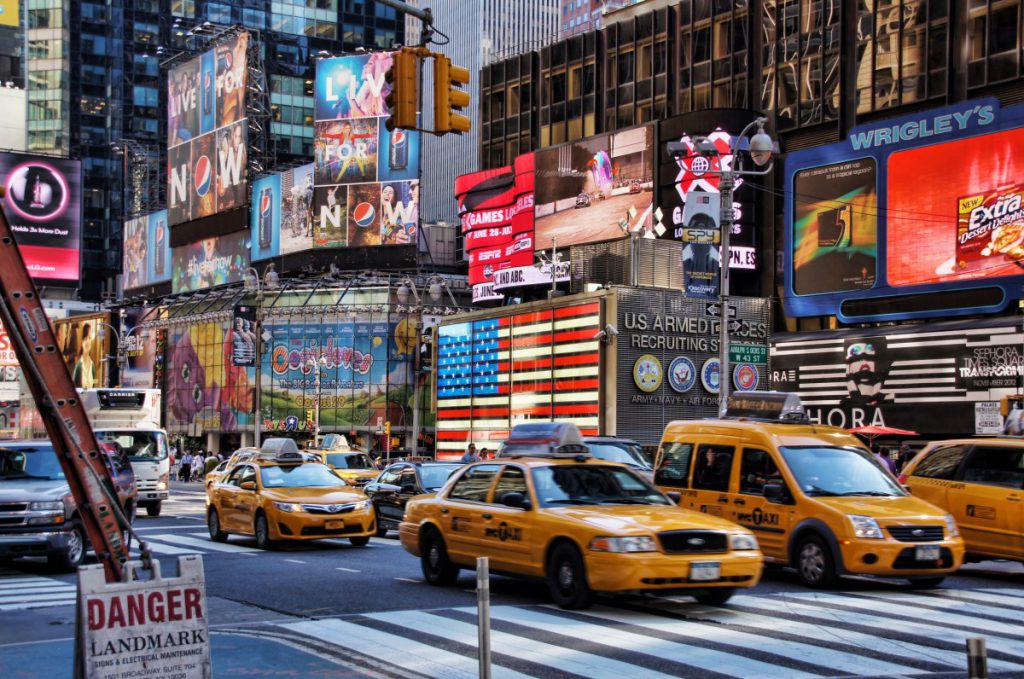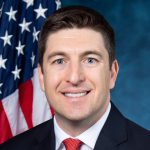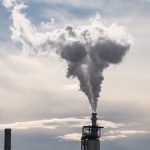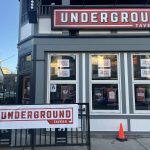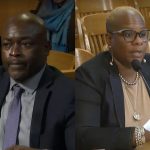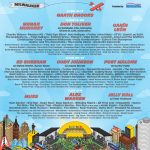Will Pandemic Make Us Less Partisan?
Migration of urban Democrats to less dense areas could turn them purple.
It could be that the pandemic that made so many people sick could have a healthy side effect on American politics.
Here’s what we know. For obvious reasons, COVID drove people out of big cities. The very people who were the most willing to accept public health advice to socially distance were living in the most dense urban areas. And, given the way we’ve sorted ourselves on the landscape, they were also very likely to be deeply liberal Democrats. In addition, many held jobs that allowed them to work from anywhere and they were affluent with the means to move.
That’s the conclusion of several researchers, academics and big thinkers interviewed by the New York Times columnist Thomas B. Edsall for his weekly column posted yesterday. The researchers found that in the last year there has been a lot more out-migration from major metro areas, like San Francisco, New York and DC, and a lot more in-migration to places like rural West Virginia. They also think the future looks promising for smaller, less dense metros, like Madison, Ann Arbor and Marquette, here in the Midwest.
The second thing the researchers noticed was that the Democratic vote increased pretty much anywhere that had a lot of in-migration. That makes sense since there’s a high correlation between being urban and being liberal. If the trend continues it could mean some evening out in our politics, where everywhere becomes a little more purple.
And there could be another bonus that Edsall didn’t get to in his piece. As people encounter others with different political views, their own views might soften. Last month in my own neighborhood on Madison’s near West Side, the Democrat-backed candidate for State Superintendent beat the Republican favorite by a vote of 1,320 to 78. I voted for the Democrat, but the lack of political diversity in my own backyard is not a good thing because it means that I’m less likely to encounter anyone who would challenge my views and I’m less likely to get to know conservatives as people, who I might like aside from their politics.
The great political migration would also make gerrymandering more difficult. By clustering in urban centers, Democratic voters have made it easy for Republican legislators to pack them into a relative handful of intensely blue districts. If Democrats become more spread out, it makes the map drawing harder for anyone trying to do that again. And, of course, with the migration still happening, it’s harder to predict how a given district might perform a few election cycles into the future.
Look, COVID was horrible and I love big cities. I wish the pandemic had never happened and I don’t cheer the loss of population in major metros. But it’s just possible that an unanticipated consequence will be a softening of our intense partisan tribalism.
Op-Ed
-
Wisconsin Candidates Decry Money in Politics, Plan to Raise Tons of It
 Dec 15th, 2025 by Ruth Conniff
Dec 15th, 2025 by Ruth Conniff
-
Trump Left Contraceptives to Rot; Women Pay the Price
 Dec 8th, 2025 by Dr. Shefaali Sharma
Dec 8th, 2025 by Dr. Shefaali Sharma
-
Why the Common Council’s Amended Budget is Good Policy for Milwaukee
 Nov 20th, 2025 by Alds. Marina Dimitrijevic and Russell W. Stamper, II
Nov 20th, 2025 by Alds. Marina Dimitrijevic and Russell W. Stamper, II

